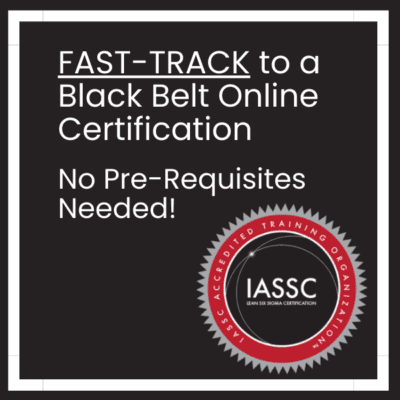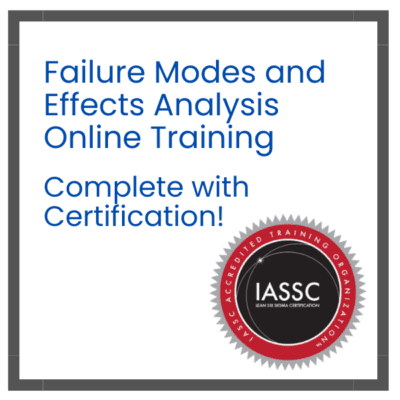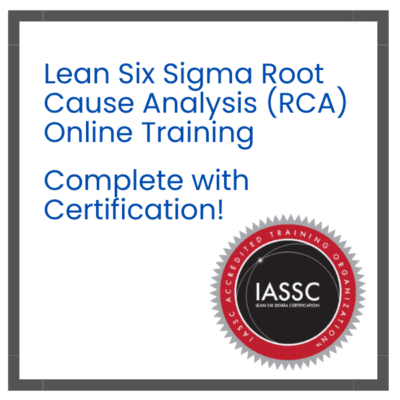Business Value Added
BVA (business value added) is any part of a business process that is necessary to keep it in business but does not directly contribute to the product or services or are directly valued by customers. These steps might appear as non-value addition at first glance. They are not performing any form, fit, or function change to a product, service, or product. On closer inspection, we see that these steps are not necessary for good results.
Safety requirements, for example, can be considered business value added. While the time spent on safety equipment doesn’t add any value to the products or services, it is something that customers don’t recognize when they get their goods or services. Preventative measures help to minimize injury time, which may or may never happen. Sometimes it is cheaper to not invest in safety equipment and allow workers to get hurt. The issue is not one of financial, but moral. Employees have a legal and moral obligation to create a safe work environment.
Another example is legal requirements. Businesses are required to disclose information like copyright and patent information, employment relationships and sales transactions, real property, and other relevant information. While the costs of providing this information can’t be called value-added, businesses must comply with these requirements in order to do business in the country.
There are three major benefits to attending to business value-added
Safety
BVA activities that promote safety make it a place where people want to work. People don’t want to work in an environment that puts their health at risk. Safety-related BVA actions help organizations like OSHA avoid imposing fees on employees or closing down businesses for serious safety violations.
Legal
Every business has to comply with government regulations. You can minimize the risk of government interference in your operations by ensuring that you comply with all applicable laws and provide the correct information to the government. Don’t exceed your legal requirements. The extra work is now considered non-value added. Pay your taxes. It is rare for a government to overlook tax evasion.
Preventative
Business value is added by taking preventative measures such as quality audits and quality checks. These actions are cost-effective and do not alter the form, fit or function of the product. The human beings we are are imperfect machines. Therefore, steps that prevent or help to identify human error early on in the process will cost less than rework later in the process or errors that reach customers.
Best practices for business value and added benefits
- Safety equipment should be placed as close as possible to the work area to reduce setup time. It is possible for equipment to malfunction, so it can save you time and effort when necessary.
- Be familiar with the laws of the country in which your business is conducted. One rule may be different in another country, so international companies might find it difficult to understand the laws in that country.
- Justify BVA actions by demonstrating how they will save money over time. Show examples of major losses or business interruptions that occurred because the steps were not in place. There are numerous excellent examples of companies not complying with legal requirements and the associated penalties in safety and legal cases.


















